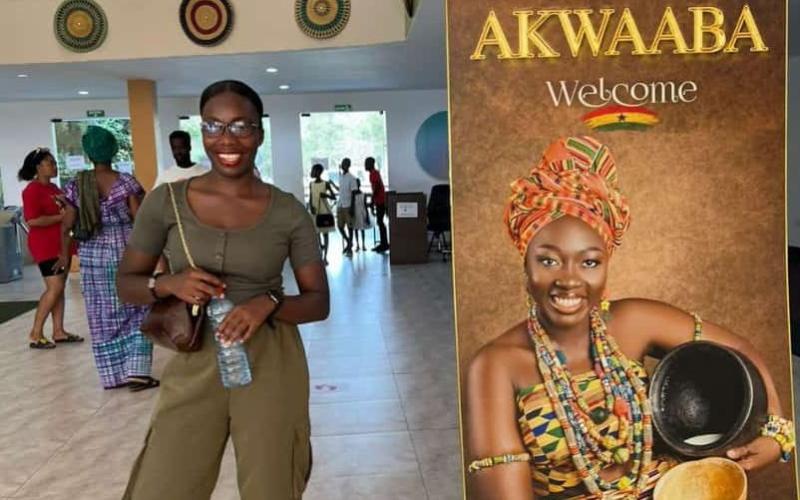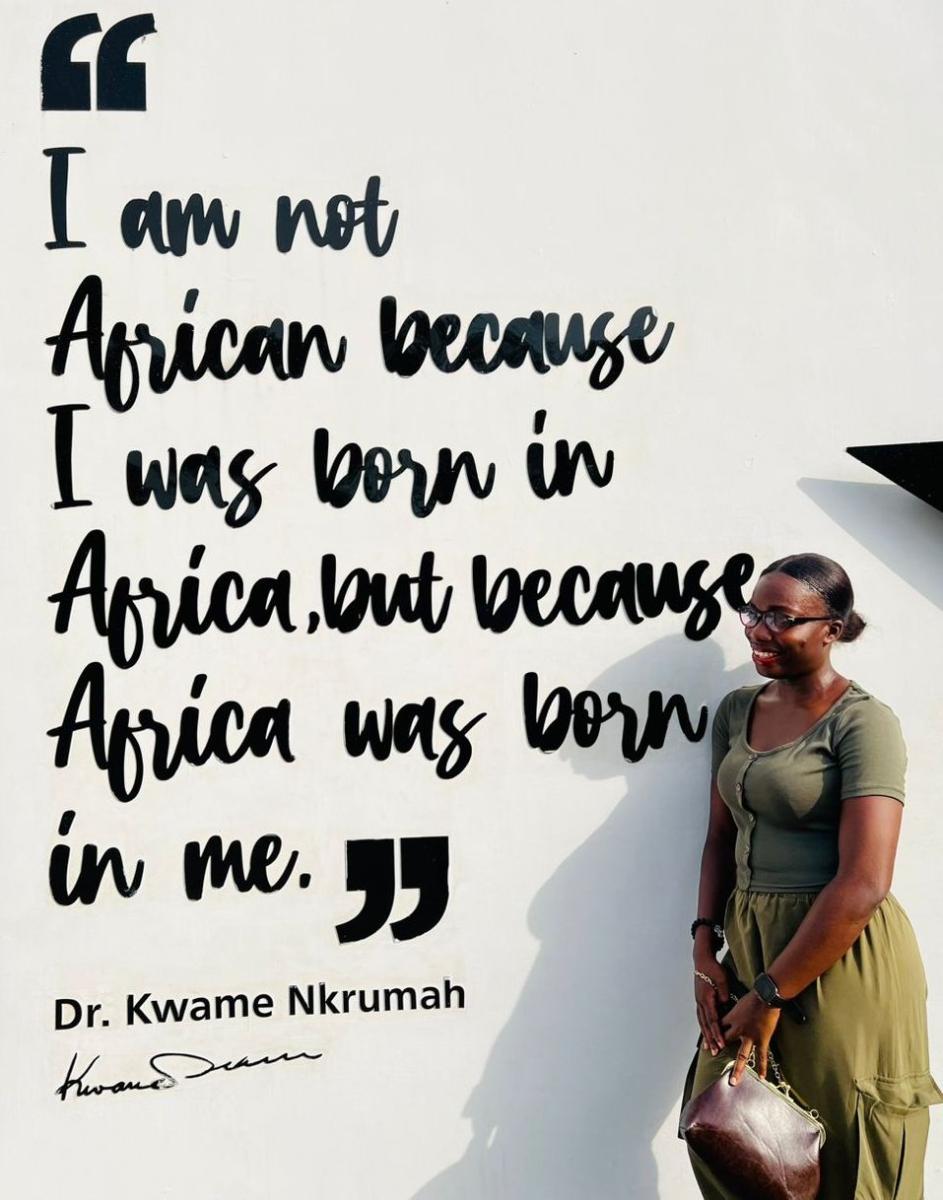
After completing my first degree in Sierra Leone, I embarked on an academic journey to Accra, Ghana, filled with anticipation and excitement. The prospect of immersing myself in Ghana’s vibrant culture, rich history, and renowned hospitality was exhilarating. Yet, I knew that adapting to a new linguistic environment would be one of my most significant challenges. I didn’t anticipate how deeply my experience with language barriers and the beauty of multilingualism would shape my stay in this incredible city.
The Initial Challenge
Upon arriving in Accra, I quickly learned that English, though an official language, was only one of many spoken in the city. Accra’s cultural mosaic includes ethnic groups with unique languages and dialects. Twi, Ga, and Ewe are among the most prevalent, and in many informal settings, English is often interwoven with or replaced by these local dialects.
Simple interactions became exercises in patience and adaptation. Ordering food, asking for directions, or bargaining in the market was not as straightforward as I expected. I vividly recall my first attempt to order jollof rice at a local eatery. My pronunciation of “jollof” elicited puzzled looks, and it took a kind local to step in and clarify my request. That moment underscored the importance of learning words and grasping pronunciation and context.
The Beauty of Multilingualism
As I adjusted to life in Accra, my initial frustration gave way to curiosity and appreciation. Ghana’s multilingual environment is more than a collection of languages; it’s a living testament to its history, culture, and social fabric. Each language carries stories, traditions, and a sense of identity.
Determined to bridge the linguistic gap, I learned basic phrases in Twi and Ga. Simple greetings like “Mema wo akye” (good morning) became my keys to connection. These small efforts were often met with smiles and encouragement, creating opportunities for meaningful interactions. Language became more than a tool for communication; it was a way to show respect and build bridges of understanding.
This journey also led to unexpected friendships. My classmates, both local and international, became integral to my experience. Study groups often turned into vibrant language exchanges, where we shared phrases from our native tongues. These interactions revealed the profound beauty of multilingualism—how it fosters inclusivity and enriches shared experiences.

The bustling local markets of Accra further deepened my appreciation. I marveled at how traders effortlessly switched between English, Twi, and other languages to communicate with their diverse customers. Their linguistic dexterity was a testament to the strength and adaptability that multilingualism provides.
Lessons Learned
My time in Accra taught me that language barriers, while daunting, are also growth opportunities. I learned to approach conversations with openness and a willingness to learn, accepting mistakes as stepping stones toward greater fluency and cultural appreciation. Each interaction reinforced the power of language to connect, transcend differences, and build community.
Living in Accra also highlighted the role of language in shaping identity and belonging. In this city, language is both a marker of pride and a gateway to deeper cultural engagement. Embracing multilingualism allowed me to move from feeling like an outsider to becoming a welcomed participant in Ghanaian life.
Conclusion
My experience as a student in Accra was transformative. I was challenged and rewarded by navigating a multilingual landscape. I returned home not only with academic knowledge but also with a profound respect for the role of language in fostering understanding and unity.
In a world often divided by differences, my journey in Accra reminded me of the shared beauty in our human experiences, reflected in the languages we speak and the stories we tell. I carry this lesson with me: that every linguistic challenge holds the potential for connection, growth, and a deeper appreciation of our shared humanity.
Author: Geraldine

